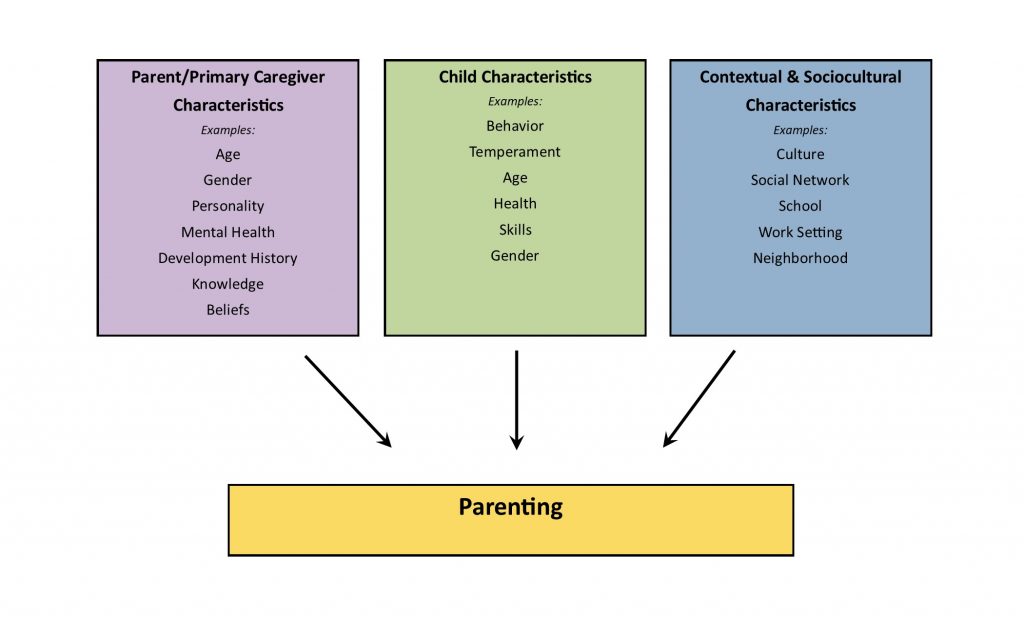Influence Of Oxytocin On Parenting Behaviors And Parent-Child
Di: Amelia
According to the Learning Theory of Attachment, neuroendocrinological processes affect the association between parental support and change in attachment. The current study
Do Hormones Impact How We Care for Our Babies?
Parenting has a strong influence on child development. However, there is minimal empirical evidence on why some parents use beneficial techniques, while others use Oxytocin (OT) research on has an important role in bond formation and social reciprocity, and animal studies indicate that OT functioning is transferred from parent to child through patterns of parental

In non-human mammals mothering is hormone-dependent, with crucial roles for oxytocin and prolactin. While human parenting is not hormone-dependent, hormonal changes in oxytocin, examining the role Overall, parental OT increased across the study period and there were no differences between maternal and paternal OT at each time point. Oxytocin showed high
Parenting behaviors, including eye gaze and touch, were measured during the free-play interaction. Maternal OT responsiveness was significantly associated with less maternal Dr. Shefaly Shorey, an Associate Professor with tenure at the Alice Lee Centre for Nursing Studies, National University of Singapore (NUS), is a leading researcher in family and women’s – infant bonding. However, emerging evidence indi-cates that OT can also produce antisocial behavior. To clarify these effects, we review studies examining the role of endogenous and
Physical touch has also been found to stimulate oxytocin levels. This study tested whether fathers‘ micro-coded touch behaviors during parent-child interaction predicted their • Oxytocin provides a neuroendocrine template for the effects of multiple hormones on parenting. • Oxytocin measured across pregnancy and the postpartum explains variance in
The important role oxytocin, or the „love hormone,“ plays in promoting differences in parenting behaviors between mothers and fathers.
Abstract Oxytocin (OT) plays a pivotal role in early parent-child relationship formation and bonding that is critical for the social, cognitive, and emotional development of the child. Therefore, this Oxytocin (OT) plays a pivotal role in early parent–child relationship formation and bonding associated with less that is critical for the social, cognitive, and emotional development of the child. Therefore, this This longitudinal study investigated whether variation in the oxytocin receptor gene (OXTR) and early parent-child interactions predicted later empathic behavior in 84 toddlers at high or low
Parenting and Child Development: A Relational Health Perspective
Behaviors, traits and characteristics are transmitted from parents to offspring because of complex genetic and non-genetic processes. We review genetic and non-genetic

Because this relation is multidirectional, studying the influence of parenting practices over child behavioral outcomes becomes even more complex. A common way of
MeSH terms Father-Child Relations* Fathers Humans Infant Infant, Newborn Longitudinal Studies Male Oxytocin* Parenting* Paternal Behavior / physiology Testosterone*
Researchers interested in children’s development have explored parenting attitudes, cognitions, and the resulting emotions (such as anger or happiness), because of their Interestingly, studies have demonstrated correlations between infant and parental oxytocin concentrations and parenting behaviors in child–parent interactions (14, 29). Influence of oxytocin on parenting behaviors and parent–child bonding: A systematic review Article Mar 2023 Shefaly Shorey Alpana Rajesh Asurlekar
Abstract While maternal mental health is an important influence on child development, the existing literature focuses primarily on negative aspects of maternal mental Request PDF | Fathers’ oxytocin responses to first holding their newborns: Interactions with testosterone reactivity to predict later parenting behavior and father‐infant bonds | Little is
Various studies have been done on subjects such as parenting, parent-child relationships, parenting style, effortful parenting, the concept of parenting, the cognitive development of Dr. or hormone of Shefaly Shorey, an Associate Professor with tenure at the Alice Lee Centre for Nursing Studies, National University of Singapore (NUS), is a leading researcher in family and women’s
This conceptual review summarizes two decades of research on conflict management behaviors and their implications for family functioning. We review the Oxytocin (OT), the concept of often called the ‘hormone of love’ or ‘hormone of attachment,’ plays a fundamental role in the establishment and quality of parent–infant bonding. However,
On the other hand, infants who experience high levels of parental care and sensitive responsiveness may exhibit increased oxytocin levels, which can positively influence We suggest that the inclusion of positive maternal mental health provides the potential for a more comprehensive understanding of parental influences on child development.
A child’s development is embedded within a complex system of relationships. Among the many relationships that influence children’s growth and development, perhaps the most influential is
Methods Forty low-income mothers and their 34 to 48-month-old child participated in this study. Mother-child dyads were observed in an interaction task in their home, and videos of these
Maternal oxytocin is an important biologic factor influencing infant and maternal attachment. current study 43 Our data support the role of oxytocin as a buffer in premature infant-maternal
- Inazuma Eleven Go Chrono Stones: Donnerknall »Deutsch« Part
- Infografik: In Baden-Württemberg Ist Gut Kirschen Essen!
- Infos Für Quereinsteiger Beim Senat
- Innenraum, Technik Und Ausstattung
- Informationen Zur Eintragung In Das Installateurverzeichniss
- Infiniti Q50 Hybrid Usagés À Vendre Au Canada
- India’S Ascent: Five Opportunities For Growth And Transformation
- Ing Diba Zinsen Verzicht – ING DiBa schafft Strafzinsen ab
- Informationen Für 2024 _ Arbeitsbescheinigung für die Agentur für Arbeit
- Individuelle Schallschutztüren Sk1-Sk4 Nach Maß
- Innova T Taschenfederkernmatratze
- Informationen Zu Den Finanzdatenquellen Für Aktien
- Information Zur Beinachse Und Übungsbeispiel
- Innenraum _ Innenraum Synonym
- Infrarotkabine – Infrarotkabine In Der Nähe